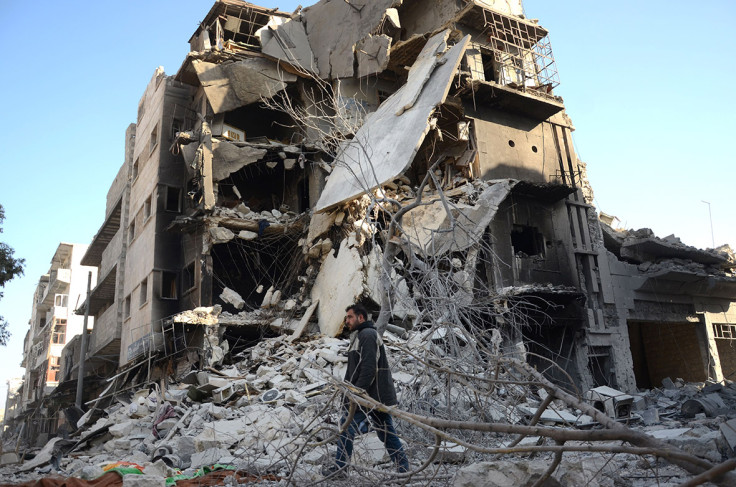In the Field Podcast: What next for northern Syria as Isis is pushed out of al-Bab?
Turkish backed rebels and the Kurds could be involved in the fight to take back Raqqa

Isis may have lost ground in Syria after it was ousted from the western city of al-Bab by Free Syrian Army (FSA) rebels last week but control of country's north-east remains split between a complex patchwork of militias that include radical jihadis, Kurdish Marxists and Bashar al-Assad's forces.
The Kurdish PKK and affiliated YPG and the Turkish-backed FSA are fighting Isis in northern Syria, but not at the same time. Ankara is officially at war with the Kurds in southern Turkey and has fought hard to prevent the PKK gaining its own statelet in Syria as it reclaims land from Isis.
This has been a problem for the US, given that it is mostly Kurds who make up the bulk of the Syrian Defence Forces (SDF), the West's preferred anti-Isis force in Syria. As attention now turns to the battle for Raqqa, it remains unclear whether Turkish-backed rebels or the Kurdish SDF will lead.
As has been the case in Syria for some time, there is no good option. The Kurds – whether the PKK or the SDF (critics would argue they are largely the same thing) would struggle to hold Raqqa – an Arab city, without risking an occupation that could be a boon to the Sunni jihadist forces of Isis.
Turkey, should it help take back Raqqa as it did al-Bab, would not fight alongside the Kurds and, if and when its proxies were to seize the Isis stronghold, what is stop Ankara then turning its guns on the Kurds?
To help us understand the complex situation on the ground in northern Syria, In the Field is this week joined by Kyle W. Orton, a Middle East analyst with the Henry Jackson Institute and Sofia Lotto Persio, foreign reporter at IBTimes UK.
Subscribe on iTunes to In the Field, IBTimes UK's weekly podcast on world affairs.
© Copyright IBTimes 2025. All rights reserved.






















